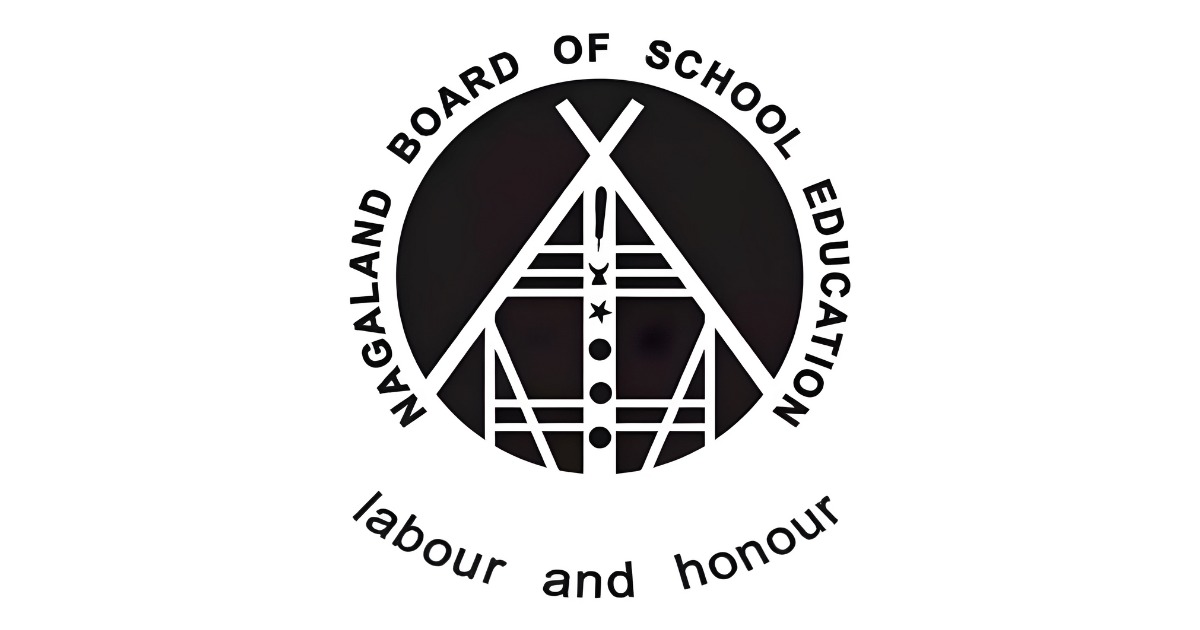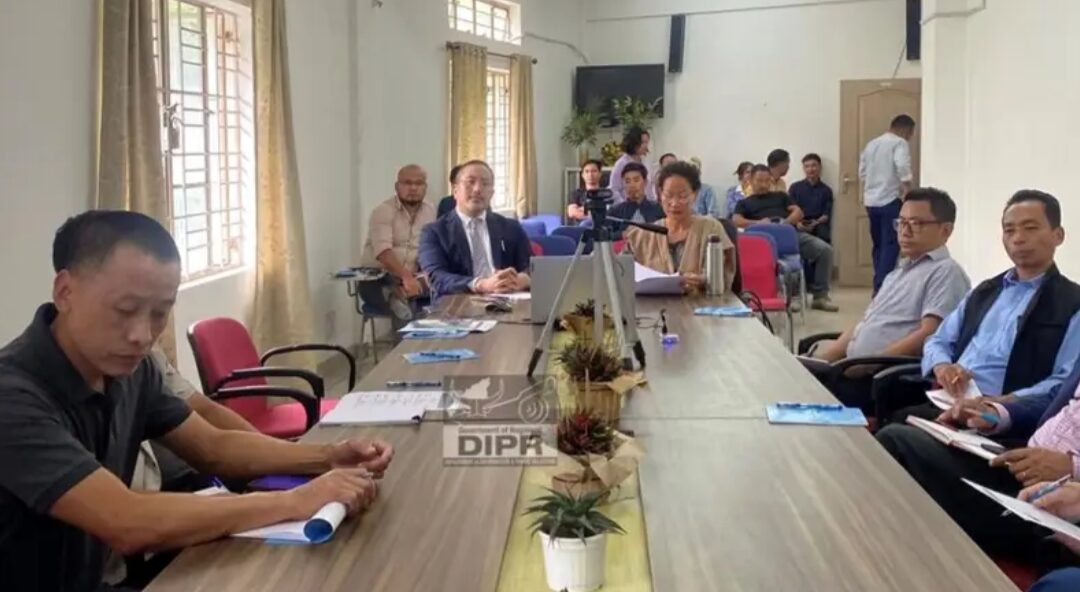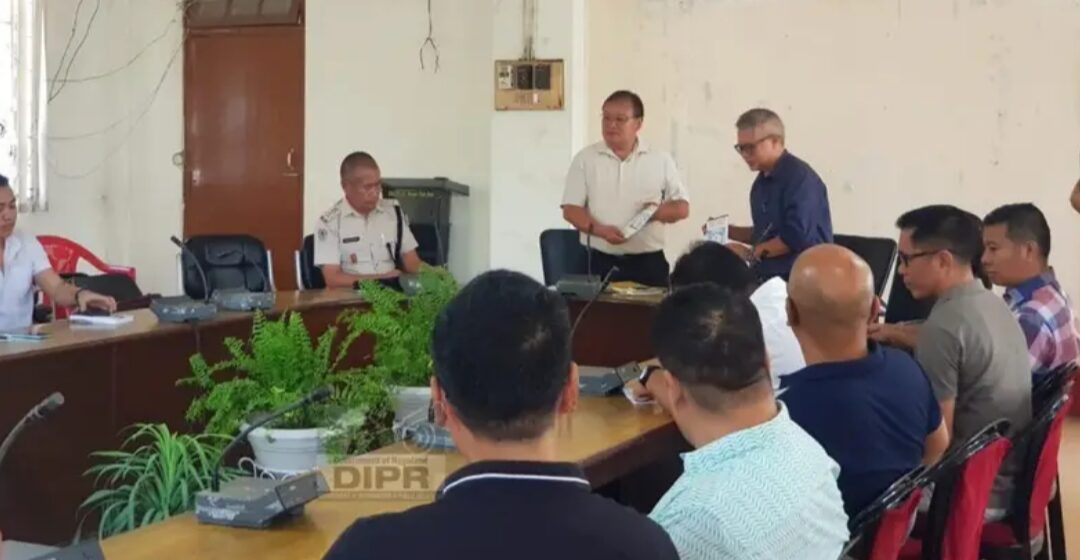The Nagaland Board of School Education (NBSE) has launched a groundbreaking initiative to revolutionise student assessment with the introduction of the Holistic Progress Card (HPC), also known as the Thriving Progress Profile (TPP). This innovative approach aims to move beyond traditional rote learning and evaluate students on a broader spectrum of skills.
Chairperson of NBSE, Asano Sekhose, kicked off the training session by highlighting the necessity of a holistic assessment approach. She emphasised that current assessments often fail to evaluate crucial aspects such as social-emotional, kinesthetic, and vocational skills. Sekhose encouraged teachers to actively engage with this pilot initiative, which aligns with the National Education Policy (NEP) 2020’s vision for a multifaceted education system.
A total of 32 teachers from 10 districts participated in the training programme, led by Anagha C from Research & Impact at Dream a Dream, along with the Dream a Dream team in Nagaland. The session began with an engaging check-in activity where teachers shared their expectations. The main focus was on familiarising teachers with the TPP, which includes self-assessment, peer, parent, and teacher evaluations to provide a dynamic representation of a student’s learning journey.
The TPP encompasses critical thinking, problem-solving, social and emotional learning, collaboration, and other essential transition skills. Teachers were introduced to a detailed assessment matrix, a prototype, and a teacher manual, with hands-on trials to practise using the TPP. This approach ensures a well-rounded evaluation of each student’s growth, emphasising social and emotional well-being alongside academic performance.
A significant aspect of the HPC is its focus on social and emotional well-being. The profile assesses social skills, resilience, and personal interests to ensure a comprehensive evaluation. This holistic approach aims to support children in developing strong self-esteem, effective interpersonal skills, and the ability to navigate social challenges, all integral to their overall well-being.
The training also covered key insights from a feasibility study on the HPC conducted in the state. The study highlighted the need for better integration of classroom activities into assessments and the importance of a detailed assessment matrix. The session concluded with reflections on the deployment plan for the TPP in schools, ensuring a smooth transition to this new assessment method.
The TPP is designed to track students’ progress over time, assist them in career choices, and enhance their personal interests and self-esteem. It provides a comprehensive view of student growth in academics, social-emotional development, and future readiness skills. This initiative marks a significant step towards a competency-based education system, aligning with the NE




